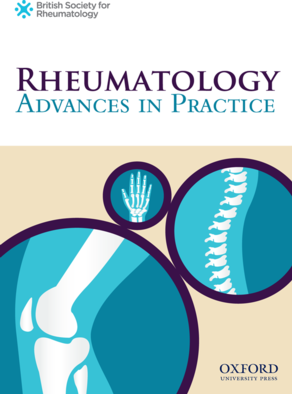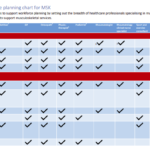 PCRMM will be running a series of webinars throughout the year on a variety of subjects. The Society is committed to education and the dissemination of knowledge to help those involved in MSK care improve that care, their own education and generally to promote new findings and advancements.
PCRMM will be running a series of webinars throughout the year on a variety of subjects. The Society is committed to education and the dissemination of knowledge to help those involved in MSK care improve that care, their own education and generally to promote new findings and advancements.
To this end, PCRMM has put together a series of webinars, led by knowledgeable speakers and experts in their field, on a range of interesting and relevant topics, carefully planned to provide useful information for our members.…
Read more of this article






 Due to expansion, the Hypermobility Syndromes Association (HMSA) is looking for a number of people in volunteering roles, with everything from administrative support through to fundraising and trustees required.
Due to expansion, the Hypermobility Syndromes Association (HMSA) is looking for a number of people in volunteering roles, with everything from administrative support through to fundraising and trustees required.
 Summary of article published in Rheumatology Advances in Practice on 5 January, 2021
Summary of article published in Rheumatology Advances in Practice on 5 January, 2021







 The
The